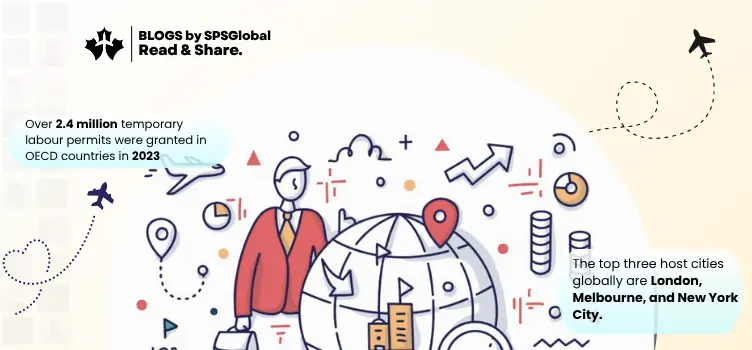Canada Holds First Express Entry Draw Only for Doctors
Canada’s First Express Entry Draw Only for Doctors (Feb 19, 2026) On February 19, 2026, Canada held its first-ever Express Entry draw only for doctors who already have Canadian work experience. In this draw: This new category was announced by Immigration Minister Lena Metlege Diab just one day before the draw. Therefore, it became one […]
February 20, 2026By Ishita Soni



